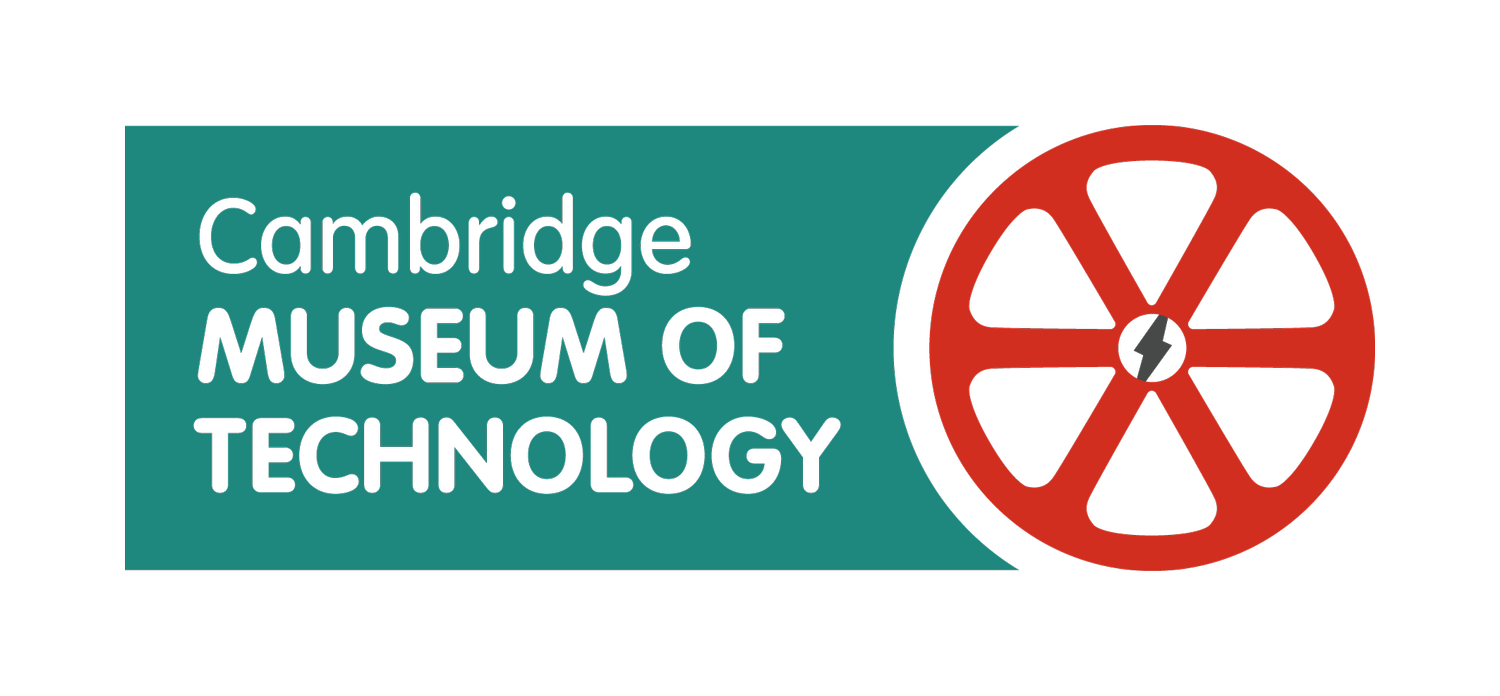Lockdown has given us all a lot of time to catch up on our reading. With the Museum closed, our volunteers have been ploughing through the bookshelves and have come up with some top recommendations for books which have a connection with our site or collections. To celebrate World Book Day we are sharing a review of a book about the work of John Snow who identified how cholera is spread in contaminated water. This led to the building of a new sewage system in Victorian Cambridge, including the Museum’s Pumping Station home. Don’t forget that if you buy a book using Amazon Smile then you will be supporting the Museum!
THE MEDICAL DETECTIVE, by Sandra Hempel
John Snow, Cholera and the Mystery of the Broad Street Pump
The history of a deadly disease which spread rapidly across the world and claimed the lives of millions could not be more relevant today in this time of Covid.
Cholera killed without regard to age, class or wealth: death was agonising and swift, with vomiting, diarrhoea and muscle cramps. When it arrived in Britain in 1832 no-one knew its cause, attempts to control it by quarantine were unsuccessful, and it remained a recurrent horror for years to come.
The Medical Detective is the story of one man’s quest to discover what caused cholera and to prevent its spread. John Snow was a physician working in London, when in 1854 he traced the source of an outbreak of cholera in Soho to a water supply contaminated by sewage. He brought the outbreak to an end by insisting the handle of the Broad Street pump should be removed: it was the only sure way to prevent people using it.
However, in spite of his meticulous research, Snow’s findings were rejected in favour of the widely-accepted theory that cholera was carried by noxious smells or “miasma”. It was not until long after his death in 1858 that his work was accepted, and today he is acknowledged as one of the founders of modern epidemiology.
Snow had a huge influence on the management of water and sewage systems in the second half of the 19th century, which makes this book particularly interesting to those who know Cambridge Museum of Technology, housed in the Victorian sewage pumping station.
Before the pumping station was completed in 1894, sewage was routinely discharged into the River Cam, polluting the water supply. The building today, and the two mighty Hathorn Davey steam engines which pumped effluent away from Cambridge, are part of John Snow’s legacy, and saved countless lives.
Sandra Hempel writes about the science of cholera in a straightforward and accessible way. Her account of the life of John Snow, and his determination and courage in the face of opposition and ridicule, has uncomfortable parallels with the handling of today’s pandemic. It is a fascinating read, and gripping as any thriller.

